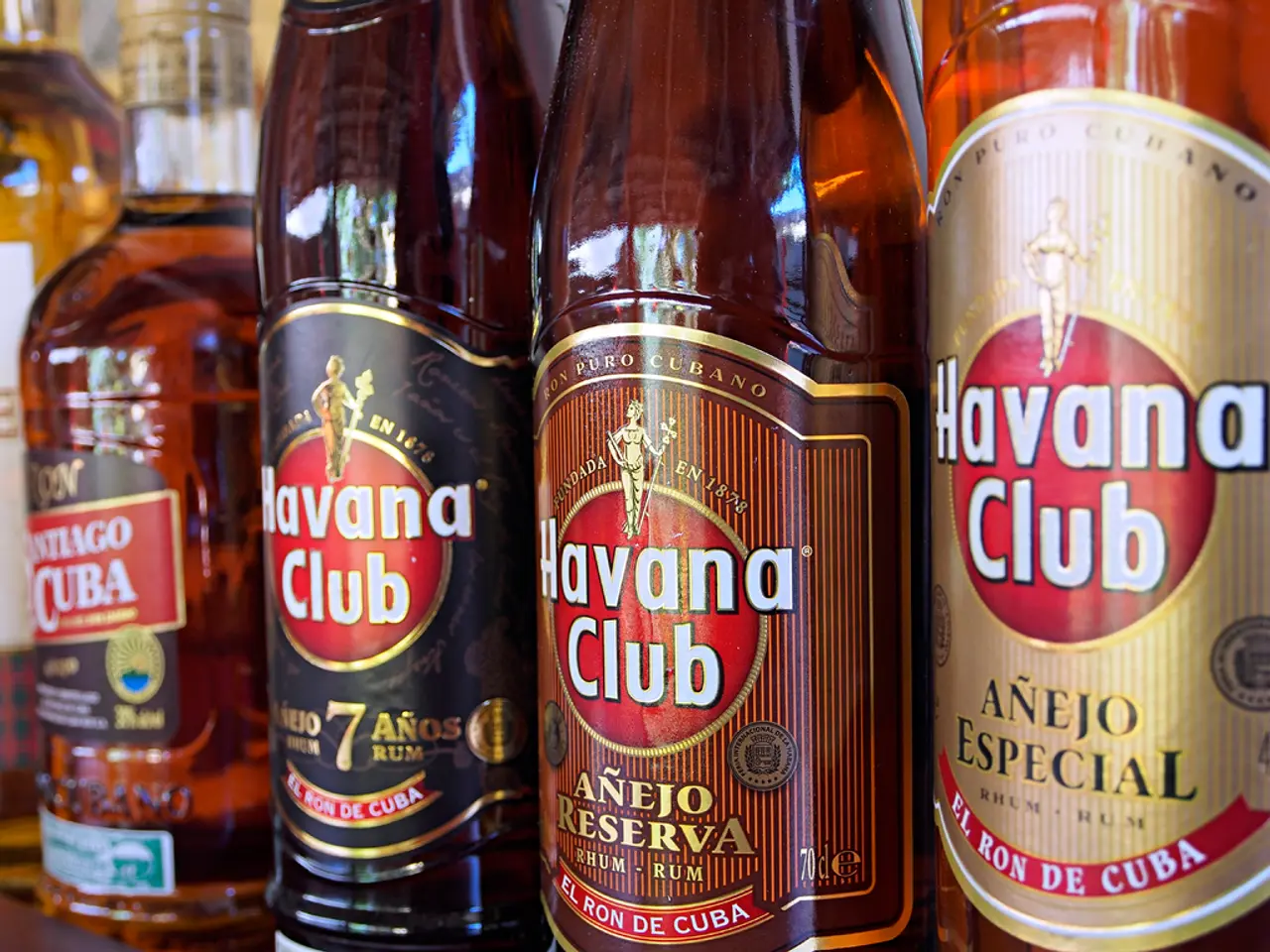Government entity FDA urges manufacturers of nicotine pouches to adopt child-proof packaging, citing a surge in unintentional exposures among young children
In a growing concern for public health, particularly the safety of young children, the US Food and Drug Administration (FDA) has urged manufacturers of nicotine pouches to use child-resistant packaging for their products. This call comes as the Truth Initiative, a non-profit organisation focused on tobacco control, has expressed similar concerns and urged manufacturers to prioritise child safety.
Nicotine pouches, small packets filled with a powder containing nicotine, flavorings, and other ingredients, are a relatively new addition to the world of nicotine products. Despite being used by only 0.5% of Americans, they have become the second most-used nicotine product among young people, according to the US Centers for Disease Control and Prevention.
The FDA's concern lies in the concentrated nicotine present in these products, which can be harmful or potentially fatal to young children, even in small amounts. From April 2022 through March 2025, the number of reported nicotine pouch exposure cases reported to U.S. Poison Centers steadily climbed, and about 72% were in children younger than 5. Symptoms of nicotine poisoning can include abdominal cramps, confusion, seizures, loss of consciousness, headache, and vomiting.
If anyone eats a nicotine pouch, accidental or not, the best first step is to immediately call Poison Control at 1-800-222-1222. Parents and caregivers are advised to store nicotine pouches in secure locations away from children in original packaging and seek immediate medical attention if accidental ingestion occurs.
FDA Commissioner Dr. Marty Makary and Kathy Crosby, CEO and president at the Truth Initiative, have both expressed concern about the rise in accidental exposure to nicotine pouches among children. The FDA has taken steps to address this issue, authorizing 20 nicotine pouch products, all of which use child-resistant packaging. However, not all nicotine pouch brands on the market have received FDA authorization, and not all have child-resistant packaging.
The FDA offers information for consumers on how to properly store nicotine pouches and prevent accidental exposure to children. The search results do not provide specific information about the companies behind unauthorized nicotine pouch products lacking child-safe packaging. The FDA can reduce the likelihood of accidental exposure by ensuring that only authorized products are on store shelves.
A report released by the Truth Initiative reveals that oral nicotine pouch use among high school students has nearly doubled, increasing from 1.3% in 2023 to 2.4% in 2024. This trend underscores the importance of the FDA's efforts to ensure the safety of these products, particularly in light of their growing popularity among young people.
As of now, ZYN is the only nicotine pouch authorized by the FDA as appropriate to protect public health. The FDA continues to monitor the market for nicotine pouches and encourages manufacturers to prioritise child safety in their products.
Read also:
- Understanding Hemorrhagic Gastroenteritis: Key Facts
- Stopping Osteoporosis Treatment: Timeline Considerations
- Tobacco industry's suggested changes on a legislative modification are disregarded by health journalists
- Expanded Community Health Involvement by CK Birla Hospitals, Jaipur, Maintained Through Consistent Outreach Programs Across Rajasthan








